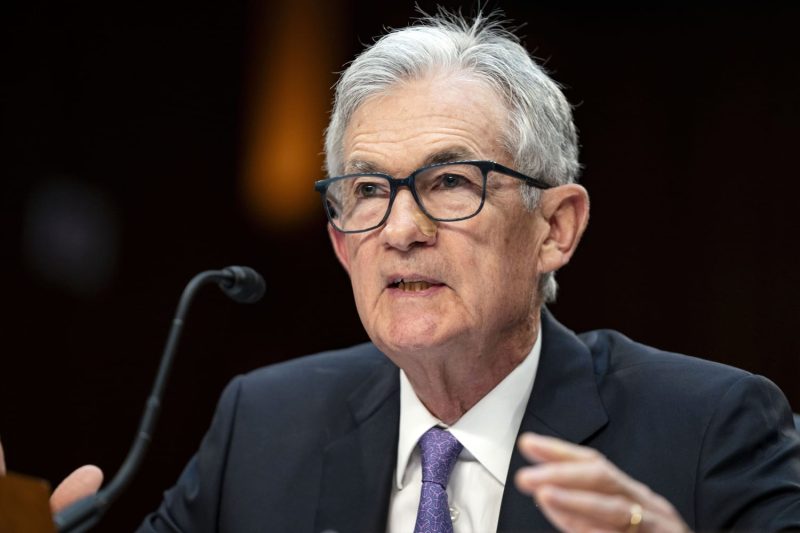In a recent statement, Federal Reserve Chair Jerome Powell expressed his concern over the potential negative impacts of maintaining high interest rates for an extended period. Powell highlighted the detrimental effects that prolonged high rates could have on economic growth, urging for caution and a strategic approach in policymaking.
The rationale behind Powell’s warning lies in the interplay between interest rates and economic activity. When interest rates are high, borrowing costs increase, leading to reduced consumer spending and business investment. This, in turn, can slow down economic growth and hinder job creation. Powell’s emphasis on the importance of striking a balance between supporting growth and controlling inflation reflects the delicate nature of monetary policy decisions.
Historically, central banks have adjusted interest rates in response to economic conditions, aiming to stimulate or cool down economic activity as needed. In times of economic downturn, lowering interest rates can encourage borrowing and spending, providing a boost to the economy. Conversely, when inflation rises above target levels, central banks may raise interest rates to curb spending and prevent an overheated economy.
Powell’s caution regarding prolonged high rates is rooted in the potential for unintended consequences. While high rates can help control inflation and prevent asset bubbles, keeping rates elevated for too long can stifle economic activity and dampen confidence. Businesses may delay investments, consumers may cut back on spending, and overall economic growth could be hampered. Powell’s stance underscores the importance of agility and adaptability in monetary policy to navigate changing economic landscapes.
The Federal Reserve plays a crucial role in steering the economy through its monetary policy decisions. By adjusting interest rates and influencing financial conditions, the Fed aims to achieve stable prices, maximum employment, and sustainable economic growth. Powell’s statement serves as a reminder of the complexities involved in policymaking and the need for careful consideration of the potential implications of policy actions.
As policymakers continue to monitor economic indicators and evaluate the appropriate stance for monetary policy, Powell’s warning offers valuable insights into the nuances of interest rate decisions. Balancing the objectives of promoting growth and controlling inflation requires a comprehensive understanding of economic dynamics and a forward-looking approach to policymaking. By heeding Powell’s advice and maintaining flexibility in policy implementation, central banks can navigate challenges and support a healthy and resilient economy.


























